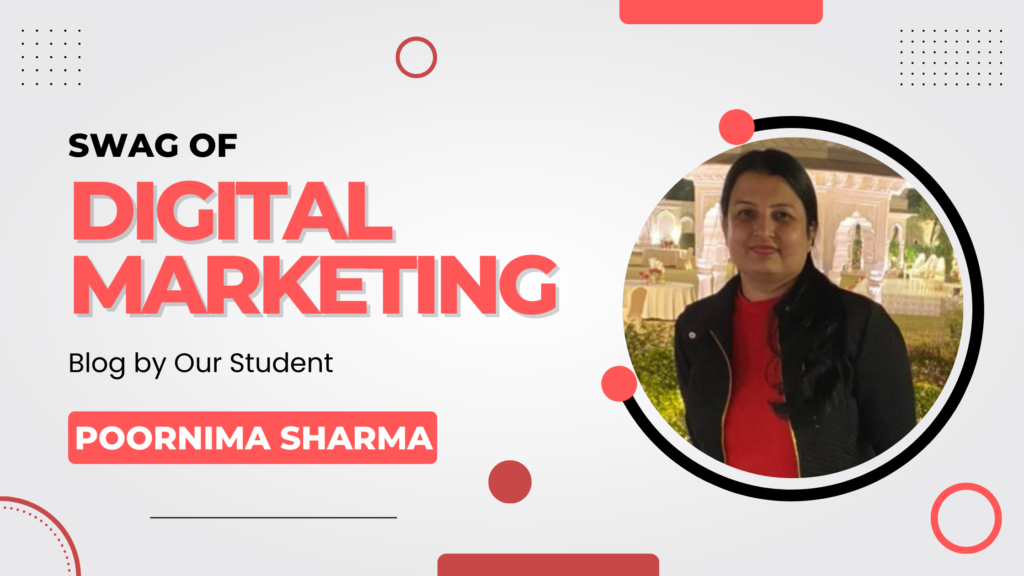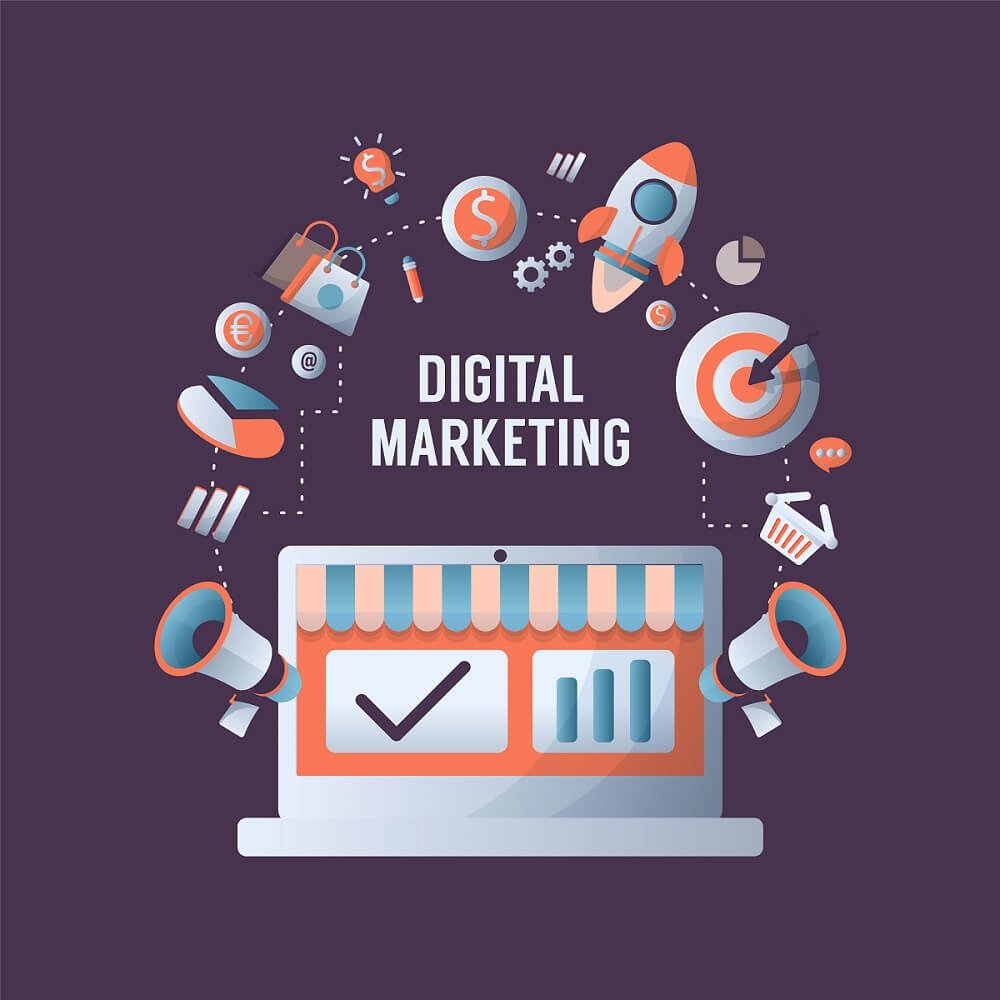Google Ranking Factors 2022: There are several factors a search engine follows to rank a website on top position. You might know that the search engine giant Google used more than 200 factors in their algorithm to rank a web page. Everybody wants to know about what are the factors Google using to rank a website in the SERP. Here you will get a complete list of 121 Google ranking factors. Some are the controversial and some have been proven. This is the most updated Google Ranking factors because I updated this page in September 2018.
The Google Ranking Factors are further divided in 9 Parts
- Domain Factors
- Page-Level Factors
- Site-Level Factors
- Back links Factors
- UI/UX Factors
- Google Algorithm Rules
- Brand Signals
- On-Site Web Spam Factors
- OFF-Site Web Spam Factors
Domain Factors
- Domain Age: This factor is not very important ranking factor but people think that if your domain is old than it will get ranking faster. There is not much difference in 6 months old and 1 year old domain.
- Keyword Appears in TLD (Top Lead Domain): This will not give you much boost as it used to. But if you are still using the keyword in domain name then it will send the relevancy signals.
- Keyword in Sub-domain: Moz expert panel agrees that a keyword appearing in the sub domain can boost rankings.
- Domain History: A site with volatile ownership or several drops may tell Google to reset the site’s history, negating links pointing to the domain or penalized domain.
- Exact Match Domain: EMD still may give you slight edge. But if your EMD happens to be a low-quality then it will be effected by Google EMD update.
- Penalized Whois Owner: If the Google recognize a person as a spammer then other websites owned by that person will be scrutinized.
- Country TLD extension: Having a country code TLD (.in, .nz, .ca etc.) will help your site to rank for that particular company. But your site may not rank globally for a particular keyword.
Page Level Factors
- Keyword in Title Tag: Your title tag will be always an important on page SEO signal.
- Start Your Title with Keyword: As per MOZ, the keyword in the start of title tag will perform better than the title with keyword in the end of the tag.
- Keyword in Description Tag: Google never use the description as a direct ranking signal. But your meta description can impact on CTR, which is a key ranking factor.
- Keyword Appears in H1 Tag: H1 is considered as second title tag. Google uses your H1 as a secondary relevance signal.
- TF-IDF: How often a certain word appear in a document? Google uses a sophisticated version of TF-IDF
- Content Length: A lengthy content could cover the detailed analysis on a topic. Length content is correlated with SERP position.
- Using Table of content can help the Google to better understand of a page content. You may also get sitelinks.
- Keyword Density: Not too much important now as earlier it was, But going overboard can hurt you.
- LSI Keywords in Content: The presence of LSI also acts as quality of content signal. The LSI keywords helps the search engine to extract meaning from the words that have more than one meaning.
- Page Cover Topic In-Depth: Topic coverage in-depth in your content will give your higher Ranking.
- Page Loading Speed: Very important factor of ranking a web page. Both Bing and Google spiders can estimate your website speed accurately based on your html code. Google also uses chrome data to access about page load time to measure the actual page load time to users.
- Use of AMP: Accelerated Mobile Pages are good to rank on mobile devices. This is not a direct Google ranking factor.
- Google Hummingbird: After this Google hummingbird update, Google can better understand a web page or website. This Algorithm update helped the Google to go beyond keywords.
- Duplicate Content: Duplication of content (even slightly modified) on the same website also shows negative impact on the search engine visibility.
- Image Optimization: Images are important relevancy signals for the search engines by their title, alt text, file name, caption and description.
- Page Update: How many times a page is being updated, daily, weekly or every year. Page update frequency also plays a important role in content freshness.
- Keyword Appearance: Keyword should be appear in first 100 words. Having your keywords in H2 and H3 may be a weak relevancy signal. Because the headings tags in the HTML are used to understand the structure of a webpage.
- Outbound Link Quality: If you are creating link on authority websites than it send trust signal to Google. If your outbound link is related to your page category than it will good impact in search engine results.
- Grammar and Spelling: Use of proper spelling and grammar will send a good signal for quality content.
- Syndicated Content: Your content should not copied from any other website and always should be original. If you are using other website content than it will not rank well in the SERP.
- Mobile Friendly Update: Your website should be optimized for mobile devices.
- Multimedia: Videos, Images and other related content send a quality signal to the search engine.
- Internal Links: These links are effective. Include internal link from effective pages will be good for ranking improvement.
- Affiliate Links: These type of links won’t hurt much but if you have created too many affiliate links then always remember that Google algorithm are always active to check quality of links.
- Domain Authority: Higher authority raked domain will rank higher than less DA.
- URL Length: Short URL domains may have good value in ranking in SERP than long URL domains.
- Page Category: The page included in relevant subcategory will get good relevancy signal.
- WP Tags: As per Yoast, tags have relevancy in SERP ranking. You can link your relevant page to one another under this tags section.
- URL Structure/String: Categories and Structure of URL is read by the Google. It gives good signal to search engine about the page.
- References and Sources: You should include references and sources in supporting of your content. This is a good quality signal.
- Bullets and Numbered List: This helps the user for more user friendly content.
- Too Many Back links: Too many outbound links can distract from the main content.
- Page Rank from Other Keywords: If your page is ranking with many keywords, than it is a good sign of quality for Google.
- Page Age: One thing is that Google prefers fresh content but an older page which updated on regular basis will get advantage of age in ranking.
- Layout: Main content should be immediately visible. User friendly layout will be good for ranking a page.
- Useful Content: The content should be useful to the users.
Site Level Factors
- Content Value and Unique Insights: The Google has said that they are very happy to penalize those websites who don’t bring anything new, especially thin affiliate sites.
- Contact Us Page: If you include the contact information properly than it is good. If your content info match the who is information then it is bonus for a website.
- Domain Trust/Trust Rank: Domain trust is very important ranking factor. Google patent the “search result ranking based on trust”, after this the treatable website always get benefits of higher ranking in the relative query.
- Site Structure: Google bots access the index of all site’s pages. A better architecture will help Google to organize your content.
- Sitemap.xml: To improve visibility and index your pages in search engine a sitemap will be very helpful.
- Site Up-time: Site on maintenance mode or server issue may also hurt your rankings.
- Server Location: If your website is for Geo-specific searches than server location matters.
- SSL Certificate: Google already confirmed that make your website secure via SSL is a ranking signal.
- Privacy Policy and Term of Services: These pages tell the Google about the trustworthiness of a website on the internet.
- Duplicate Meta Info on website: If you have duplicate meta information then your site’s page visibility will be down. Search console will also warn if you have too many of these.
- Breadcrumb Navigation: This is a good architecture of a user friendly website. It tells the users and search engines about the address of a web page.
- Mobile Optimized: A website must be mobile friendly for better ranking in the search engine. Google also penalizes the sites that are not mobile friendly.
- YouTube: Videos are ranking on top in the SERP. After Google Panda Update, the YouTube traffic also increased.
- Use Analytics and Search Console: These tools will give you more data about your traffic, ranking and other analysis about your website. These 2 programs can improve indexing of your website.
- Site Reputation/User Reviews: The reviews from real users are play important role in Google algorithm.
Back Link Factors
- Linking Domain Age: Getting a link from good age domain may be more powerful than the links from new domains.
- Number of Linking Root Domains: The number of referring domain is very important ranking factor in the algorithm of any search engine like Google, Bing etc.
- Number of Links from separate IPs: If you are using different IP addresses for linking your website to other domains, it can help you in ranking.
- Number of Linking pages: The total number of linking pages will also beneficial – even from the same domain.
- Anchor text of back link: Google original algorithm said that “First, Anchor often provide more accurate descriptions of web pages than the pages themselves.” For now anchor text is not very much important as earlier (Over optimized anchor text is considered as web spam). If you are using keyword-rich anchor text in small doses than it still could send relevancy signal to search engine.
- Alt Tag: Works as anchor text for images. Yes it is important ranking factor of Google.
- Backlinks from .edu or .gov domains: Mat Cutts already said that TLD is not an important factor for site rank. However SEOs are still think that there is a special place for .edu and .gov domain backlinks in Google ranking.
- Linking page authority and DA: Page rank and Domain authority is important ranking factor as before. Google interprets a link from one page to another as a vote by one page to another.
- Links from competitors: If you can get links from the same SERP then it will be more valuable for ranking your keyword on a particular page.
- Links from Ads: As per Google, all links from ad network should be nofollowed. Google can filter the followed links from ads.
- Homepage Links: Referrer links from homepage gives special importance to webpage.
- No follow Links: Most controversial topic in SEO is Nofollow. Google official word is that “In general, we do don’t follow them”. It means that Google follow them in some cases. You could have certain percentage of nofollow links.
- Diversity of link types: If your links are coming from single source i.e from social bookmarking, forum profiles etc. than this may be a sign of webspam. If you are getting links from different sources then it is a good sign of ranking.
- “Sponsored Links”: “Sponsored”, “Link partners” may decrease the value of your link profile.
- Contextual Links: If you are linking inside your content than it is considered more powerful. If you are creating link outside the text context than it is not good.
- Internal Linking Anchor Text: This is another relevancy signal if you used internal link anchor text.
- Referring domain from Country TLD: Country specific (.uk, .in, .de etc.) referral links will help you to rank in your country.
- Link Location in Content: Link position in beginning and middle is better than placing a link in the ending of content.
- Relevancy of Linking Domain: Link from the similar category domain will be more powerful than link from irrelevant website. Relevant page link passes more value to the search engine.
- Positive Link Velocity: Create good quality of links only. If you are creating 10,000 links of bad quality and get top rank in SERP than remember that Google is watching you. Your website may rank for 2-3 weeks, but soon it will become down.
- Backlink Age: Older links have more power than newly created.
- Real site links vs Self created blogs: Google gives more weights to the links from the real sites than from fake blogs.
- Reciprocal Links: “excessive link exchanging” should be avoided.
- Links from user generated content: Google can recognize the content published by the website owner and user generated content.
- Schema.org: Pages that are using microdata will get more benefits in Google result. These pages have higher click through rate(CTR).
- Trust Rank: Another important factor determines the trustworthiness of the site linking.
- Forum Links: Google may devalue industrial-level spamming backlinks from forum websites.
- Number of words in linking content: If you are getting a link after giving 1000 words than it is much better than link from 25-word content. Poor written or spun content is not valuable as good written content.
User Interaction
- RankBrain: It is Google Artificial Intelligence algorithm. It is very powerful and measuring the user behavior with the SERP and website.
- Organic CTR for Keyword: Pages that get more click in organic search result will get boosted by the search engine.
- Bounce Rate: Google uses bounce rate as a quality tester.
- Pogo Sticking: This send ranking drop signal to the search engine.
- Chrome Bookmarks: Pages that are bookmarked in the Google chrome could get boost.
- Comments: Pages with more comments are more valuable. Once Google said that comments can help a lot in ranking.
- Dwell Time: Google count how much time people are spending on a website after going through Google search results. The longer time a user spent is always better.
Google Algorithm Rules
- User Browser & search History: website you visit on regular basis get boost in SERP for your searches.
- Geo targeting: Google prefer to rank local server IP and country specific domain extension.
- Safe search: Adult content and curse word will not rank in SERP when safe search is on.
- DMCA Complaints: Google down rank the websites if get DMCA complaint against them.
- Local Searches: Google shows local results above the organic search results.
- Payday Loans Update: This algorithm clean up the very spammy queries from the SERP.
- Google Algorithm Update: All other major Google algorithm updates play a vital role for ranking a page in SERP.
Brand Signal
- Brand Value: People look for useful and branded results. Brand + keyword searches may give your site a boost in SERP. Brand should have Facebook, Twitter, LinkedIn company page and likes and followers on that increase the brand value. Big brands are mentioned on the top of search results.
On-Site Web spam Factors
- Panda Penalty: Low quality content will not be visible in SERP after hit by Panda penalty.
- Getting a link from bad or spammy websites may decrease your search visibility.
- Redirects (Cloaking): If you caught in this, your website may be de-indexed from the search engine.
- Popups or Distracting Ads: These types of ads are the sign of low-quality websites.
- Interstitial ads: Penalize those site who display full page ads to mobile users
- Over Optimization: Keyword stuffing, excessive keyword decoration, header tag stuffing are the sign of over optimization. Google penalize for this.
- Doorway Pages: If your page redirect to another page than Google don’t like those sites who use doorway pages.
- Above the fold ads: Page layout algorithm catch the site which have a lot of ads above the fold and penalize them.
- Fred: The Google started this algorithm update in 2017. As per Search Engine Land, “Fred targets low-value content sites that put revenue above helping their users.
- Affiliate Sites: These types of sites are under extra scrutiny of Google. Try to add some more value to your affiliate content.
- Auto Generated Content: Google hates these type of content. Your website may get de-indexed or penalty.
- IP Address Flagged as Spam: It may affects all the websites on your server if server’s IP is flagged for spam.
- Meta Tag Spamming: Do not use keyword stuffing in the meta tags. It could hit your website with a penalty.
Offside Web spam Factors:
- Penguin Penalty: Penguin now filtering bad links vs penalizing entire website. Sites which have been hit by Google Penguin will be less visible in the Google search.
- Links with High % of Low Quality Links: It tell the search engine that you are playing with the system by doing black hat SEO via blog comment, forums and profile linking.
- Domain Relevancy: Site with huge number of backlinks from unrelated website will be taken by penguin update. Your link profile website should match your business category than only your link have some value.
- Low Quality Directory Link: Google has said earlier that links from low quality directories can lead to a Google Penalty.
- BackLinks from Same Server: Getting Unnatural number of links from the same server IP could be harmful for your website.
- Links from Articles & Press Release: Now, Google consider these link building strategies a “link scheme” in many cases. Previously these Articles and Press release links was very important for ranking in SERP but not now.
- Manual Action and Selling Links: Various manual actions are related to black hat link building. If you caught selling links than it could hurt your visibility in the search engine.
- Google Sandbox: New websites are stored in Google sandbox. Your website may not be visible in the SERP for some time.
- Google Dance: Temporarily shake up in ranking a website for a particular keyword.
- Disavow tool: Used for removal of algorithm penalty of website for doing negative SEO.
- Reconsideration Request: To lift a penalty the reconsideration request is important aspect.
Conclusion
That’s it from me. I tried here to include each Google ranking factor. If I missed something than you can let me know via comment section below. Also tell me about which is the new information to you in this article. If you are interested to learn most advanced digital marketing tricks to gain traffic or lead than you should join the digital marketing training in Jaipur today.





